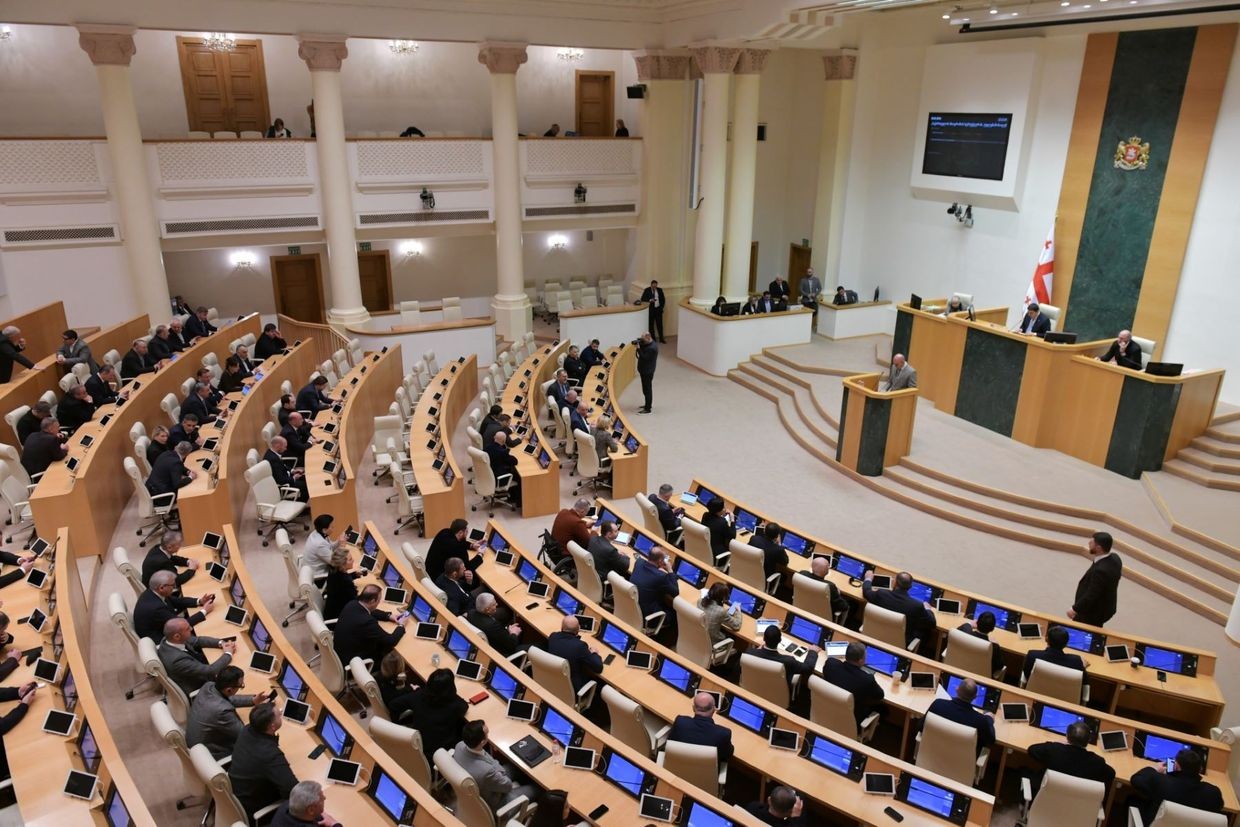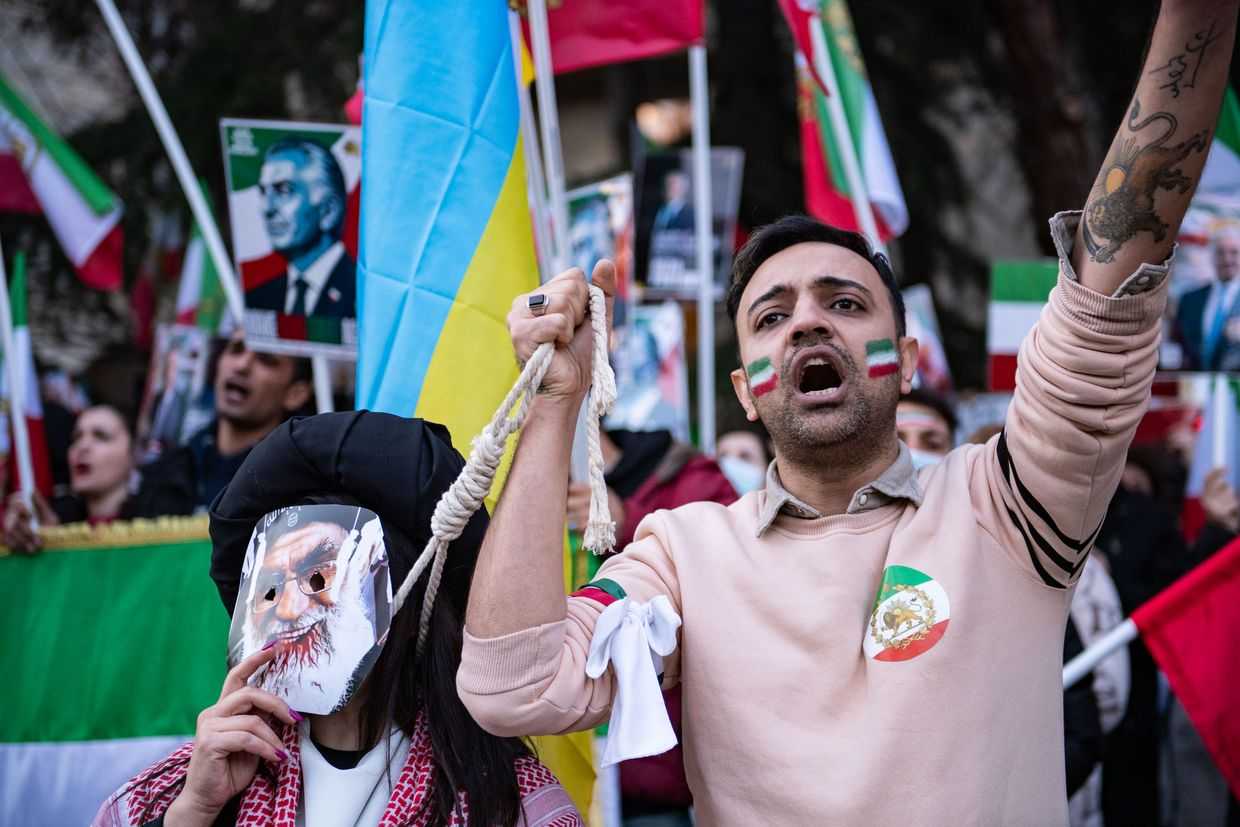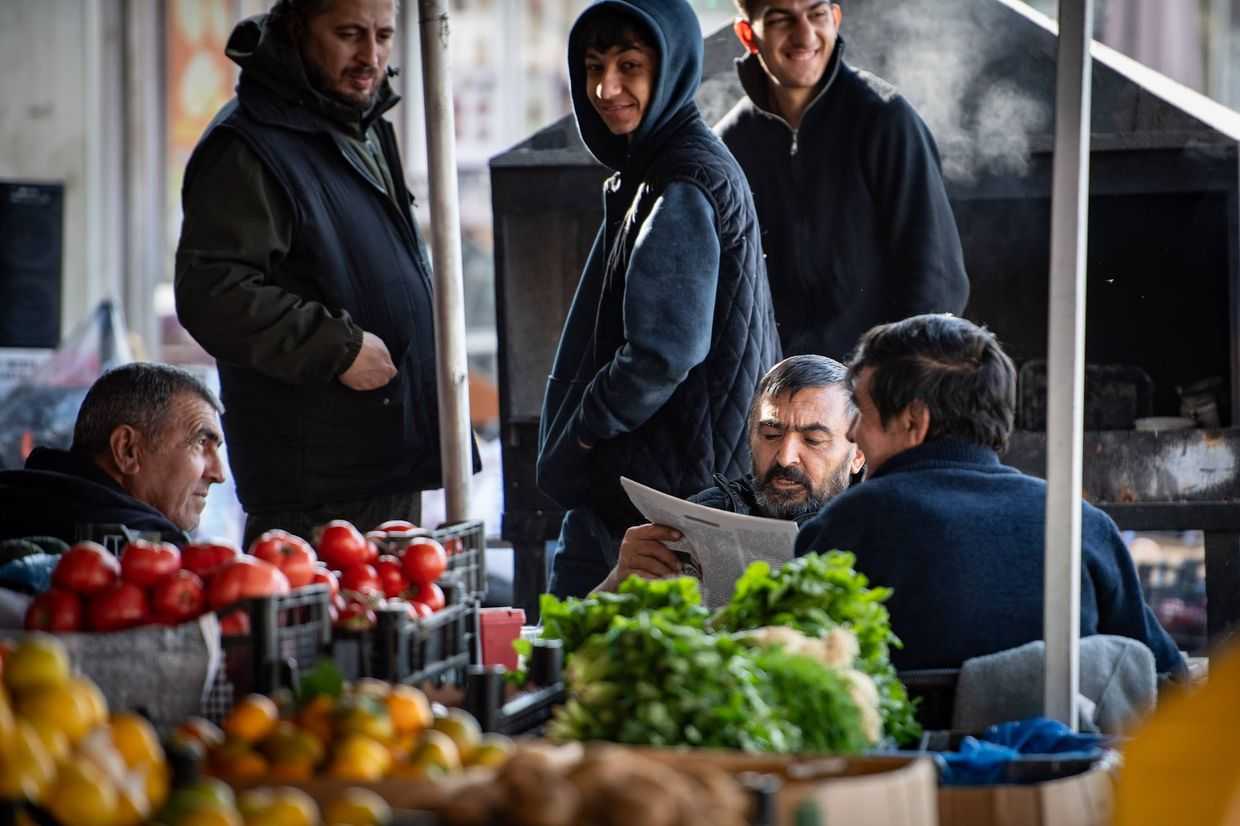
The Parliament of Georgia has adopted amendments to the preexisting grants law in order to create a legal entity the government will use to issue grants for civil society organisations.
On Thursday, the parliament adopted the amendments in an expedited manner, which were supported by 80 MPs.
Under the new changes, the government will issue grants to Legal Entities of Public Law (LEPLs) whose charter is determined to be aimed at supporting public organisations, the explanatory note to the draft law stated. During 2025, ₾20 million ($7.1 million) will be earmarked for grants from the state budget.
In addition, according to the amended text, the new agency will have the right to issue legal acts.
According to the explanatory note, the primary reasons for the draft law are the assertion from the government that NGOs are primarily funded by ‘foreign actors [...] who arbitrarily determine the agenda of the activities of these organisations’. In contrast, the proposed grant fund would be to support organisations whose activities ‘will be in line with the priority areas of the country’s development’.
According to the draft law, the State Grant Management Agency will issue grants in various areas, including to organisations working in such fields as education, human rights, public projects, and employment promotion, as well as to organisations working ‘to ensure access to livelihoods for the socio-economic integration of internally displaced persons (IDPs) and families affected by natural disasters and subject to displacement (eco-migrants)’.
Nino Chkhobadze, the chair of the organisation Greens of Georgia — Friends of the Earth, stated in an interview with BM.ge that ‘in the form in which this agency is being created, it will be a serious source of additional corruption’.
‘I don’t see that there are any mechanisms within it that would clarify anti-corruption measures’, she said.
The agency will employ approximately 10 people, whose salary will be determined by a relevant bylaw after the agency is established, the draft law said.
According to the government, a programme for the development and encouragement of civil society organisations with state funds exists in a number of European countries, including Estonia, Poland, Bulgaria, Croatia, Sweden, Latvia, Czechia, and Hungary.
The amendments to the grant law was just one of many new legislative initiatives announced by the parliamentary leader of the Georgian Dream, Mamuka Mdinaradze. Critics of the ruling party have criticised the moves as being aimed at targeting media and civil society.

In September 2024, Prime Minister Irakli Kobakhidze announced that a grant programme financed from the state budget will be created for NGOs that have voluntarily registered as ‘organisations carrying out the interests of a foreign power’.
Kobakhidze claimed that international donors had threatened to cut the funding of ‘many’ non-governmental groups if they chose to register. He did not name any specific donors in his statements.
For several years, Georgian Dream’s high-ranking representatives have criticised Western donors supporting NGOs in the country, demanding that the funding system ‘be transparent’.

The government’s crusade against foreign funding of NGOs and media was the backdrop of the controversial foreign agent law, which Georgian Dream adopted in May 2024 amidst massive street protests and widespread calls from civil rights groups and Georgia’s Western partners to abandon the legislation.
The foreign agent law labels any civil society or media organisation that receives at least 20% of its funding from abroad ‘organisations carrying out the interests of a foreign power’. Such organisations must register as foreign agents in a special registry and are subject to monitoring every six months, which lawyers have warned could include forcing them to hand over internal communications and confidential sources.











